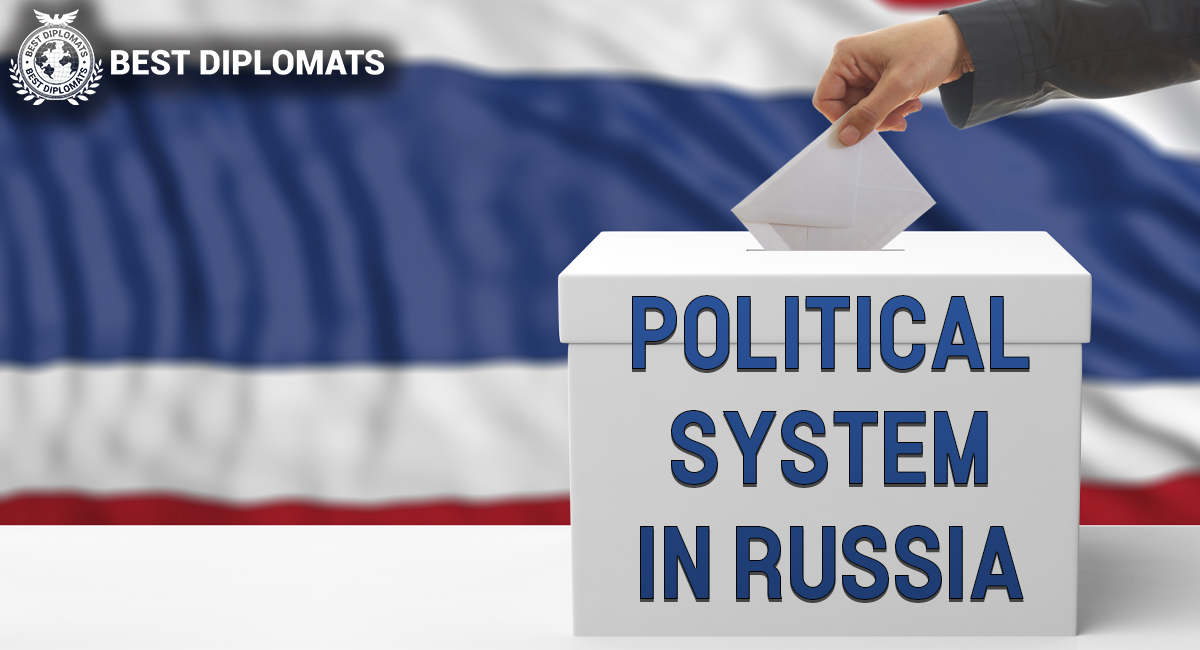Russian politics is a multifaceted system characterized by a strong central government, a dominant political party, and a complex interplay of power and influence. The political landscape has evolved significantly since the collapse of the Soviet Union, and the country continues to navigate a complex path towards a more democratic future.
Key Features of Russian Politics
- Dominant Party System: United Russia, led by Vladimir Putin, has held a dominant position in Russian politics for many years. The party controls a majority in the State Duma, the lower house of parliament.
- Strong Presidential Power: The President of Russia is the head of state and head of government, wielding significant power over domestic and foreign policy.
- Limited Political Pluralism: While there are multiple political parties, the political landscape is often characterized by limited political pluralism and restrictions on dissent.
- State Control of Media: The state exercises significant control over the media, shaping public opinion and limiting the dissemination of critical information.
- Authoritarian Tendencies: Russia has been accused of backsliding on democratic reforms and exhibiting authoritarian tendencies, particularly under the leadership of Vladimir Putin.
Recent Political Developments
- Constitutional Amendments: In 2020, Russia approved constitutional amendments that allow Vladimir Putin to potentially remain in power until 2036.
- Political Repression: The Russian government has cracked down on political dissent, arresting and imprisoning opposition leaders and activists.
- Geopolitical Assertiveness: Russia has pursued an assertive foreign policy, often challenging the Western-led international order.
- Economic Challenges: Russia has faced economic challenges, including Western sanctions and declining oil prices, which have impacted its political stability.
Challenges and Future Outlook
Russia’s political future is uncertain, with a number of challenges and uncertainties on the horizon. Some of the key challenges include:
- Economic Stagnation: Russia’s economic growth has slowed, and the country faces structural challenges that need to be addressed.
- Demographic Crisis: A declining population and an aging workforce pose significant challenges to Russia’s long-term economic and social development.
- Corruption: Corruption remains a pervasive problem, hindering economic growth and undermining public trust in government institutions.
- Geopolitical Tensions: Russia’s foreign policy has led to increased tensions with Western countries, which could have negative consequences for the country’s economy and security.
The future of Russian politics will depend on a variety of factors, including the health of the Russian economy, the effectiveness of government reforms, and the evolution of the global geopolitical landscape.

Leave a Reply